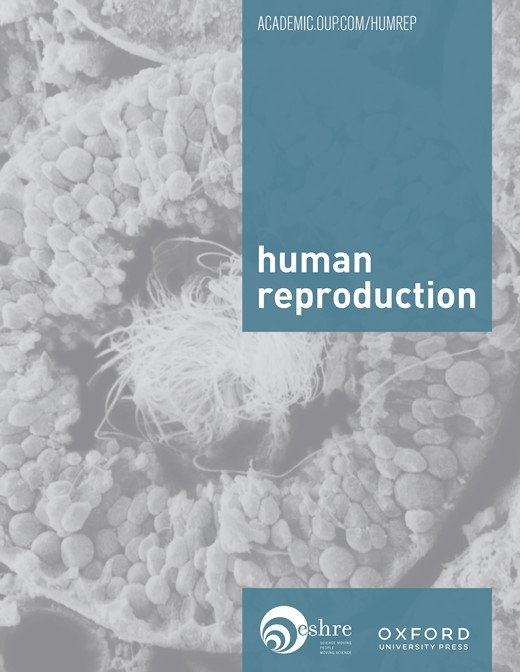-
PDF
- Split View
-
Views
-
Cite
Cite
Jaroslav J. Marik, Live birth with sperm cryopreserved for 21 years, Human Reproduction, Volume 19, Issue 11, 1 November 2004, Page 2680, https://doi.org/10.1093/humrep/deh454
Close - Share Icon Share
Sir,
I read with great interest and enthusiasm the publication about successful pregnancy after 21 years of cryopreservation (Horne et al., 2004). The success achieved in England betters ours, where we accomplished a successful twin pregnancy after one IVF with ICSI using semen frozen for 20 years (Marik, 1998). These reports should not be considered an issue of record, who has 1 year more or less, but simply proof that sperm can be preserved in the frozen bank for a long, long time with proper care. The results are quite satisfactory and encouraging. It also means that the techniques used two or possibly even three decades ago are working. In our laboratory, we use glycerol, and I assume that in Manchester a similar cryoprotectant was used.
One of the main reasons for my enthusiasm is that this provides information for possible cryopreservation candidates. The success in Manchester was reported by the public media. Unfortunately, patients who need this care are often not properly informed, and physicians who provide treatment which can sterilize their patients still, to a considerable degree, forget to inform them about the possibility of cryopreservation. From time to time, a young man breaks into tears in my office when I tell him that he is azoospermic, that he missed his opportunity to preserve his reproductive capability, and that there is not much one can do after the sterilizing surgery, chemotherapy or radiation was completed.
I hope that after we have learned how to preserve sperm successfully for decades, we will also learn how to preserve embrya and ova. There is a lot to be done in this particular area.
Once more, I would like to congratulate the authors.
References
Horne G, Atkinson A, Pease EHE, Logue JP, Brison DR and Lieberman BA (



